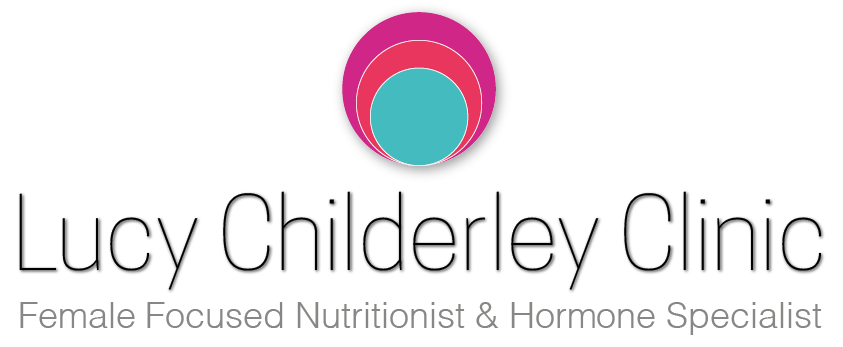The Facts-
- Vitamin D is actually a hormone and there is a receptor for it on nearly every cell in the body- that’s how important it is for us.
- Over 50 percent of the global population may suffer from vitamin D insufficiency (with levels <50 nmol).
- Vitamin D doesn’t work alone, it needs help from certain co-factors to work properly in the body. These include Magnesium,Vitamin K2, Vitamin A, Boron, Zinc.
- Because vitamin D can store in the body, it is possible to become toxic if too much is taken for too long, but experts say this is very rare. I always recommend my clients get tested before they start supplementing- so at the end of summer to see their potential peak readings (after a few months of sun exposure), then supplement through winter and retake the test at the end of Feb to see if their supplement has retained good levels. Once we know what we are working with, we can adjust the dosage accordingly.
The symptoms of a deficiency:
- Tiredness, aches, and pains
- Severe bone or muscle pain or weakness
- Stress fractures, especially in your legs, pelvis, and hips
- Rickets
How to raise your levels naturally:
- Get sun exposure, without sunscreen, for 20 minutes whenever possible (without burning)
- Supplement with D3 during the winter months
- Supplement with D3 co-factor vitamins and minerals
- Food sources give small amounts, including, salmon, sardines, herring, canned tuna, ,cod liver oil, beef liver, egg yolk, shrimps, regular mushrooms and those treated with ultraviolet light, milk (fortified), certain cereals and oatmeals (fortified), yoghurt (fortified), orange juice (fortified)
The benefits of Vitamin D:
- Disease fighter-
- Covid protector- evidence from 2022 studies concluded that vitamin D supplementation is effective in reducing the COVID-19 severity, especially for those who may be prone to deficiency, including people with dark skin, or skin that is rarely exposed to the sun; pregnant women; and elderly people with chronic diseases. One added, ”for those with inadequate vitamin D levels (<50 nmol/L), supplementation with 1000-2000 IU/day could also be a safe, simple, and affordable way to restore vitamin D levels, improve bone health, and take advantage of any possible protective effect against respiratory tract infections”
- Boosts immunity and fight infection
- Heart health – low vitamin D levels have been linked to increased risk of heart diseases such as hypertension, heart failure, and stroke. It prevents calcium build up in the arteries, helping to normalise blood pressure and reduce inflammation
- Auto-immune support- People who do not have adequate vitamin D levels might be at increased risk autoimmune diseases, such as rheumatoid arthritis, type 1 diabetes, and inflammatory bowel disease
- Cancer protection – there are links between vitamin D deficiency and certain cancers, including breast, prostate and colon cancer.
- Bone and muscle health – vitamin D regulates calcium levels and the activity of bone building cells, helping prevent osteoporosis.
- Brain health – it plays a crucial role in neurological health, mood and cognitive function
- Skin – it helps to prevent excess cell proliferation (e.g. psoriasis, eczema).
- Blood sugar balance and insulin control – it helps to regulate blood sugar and prevent insulin resistance.
- Weight loss- there appears to be a possible relationship between vitamin D and weight loss.
Reference range UK
| Status | Blood level |
| Deficient | < 25 nmol |
| Insufficient | 25-50 nmol |
| Adequate | 50-75 nmol |
| Optimal | >75 nmol |

Recent Comments